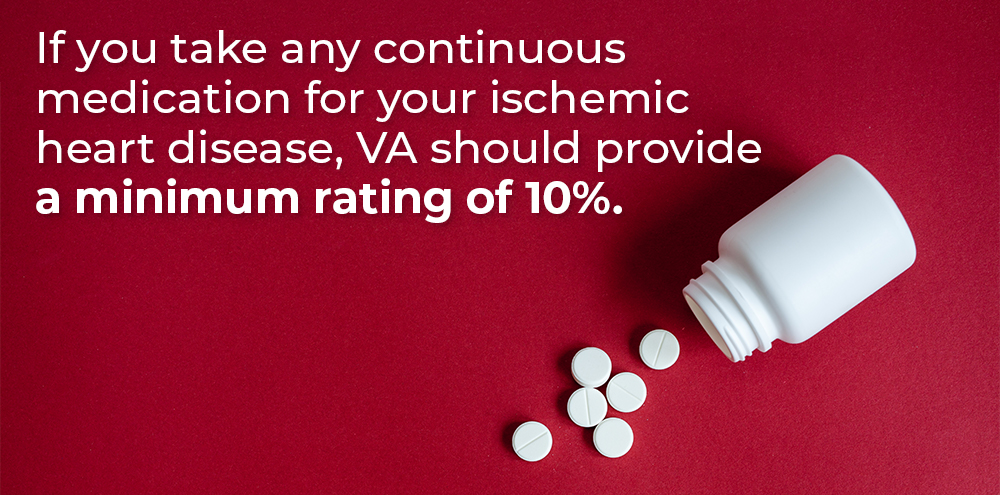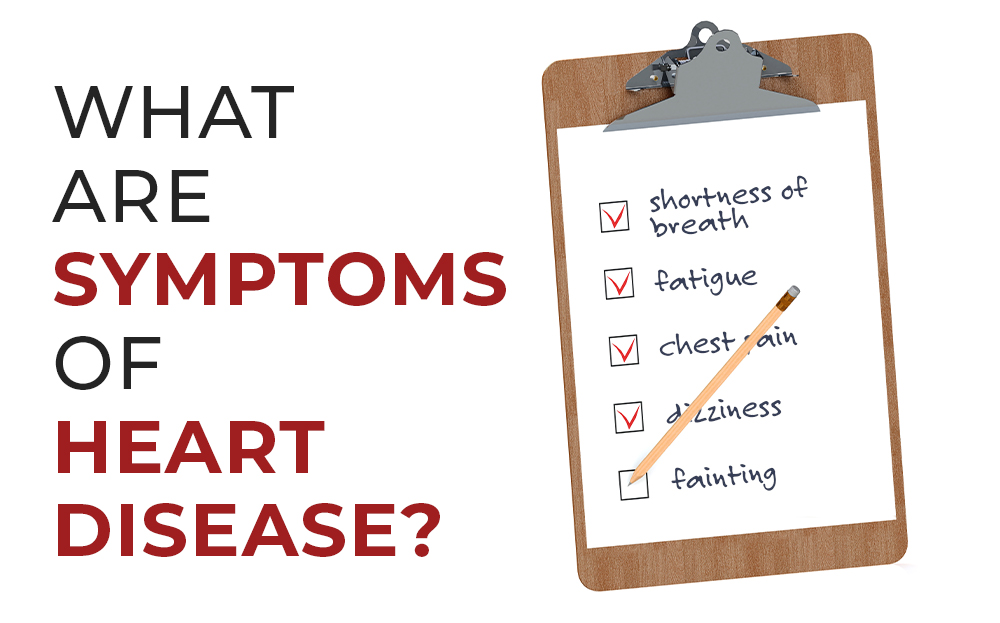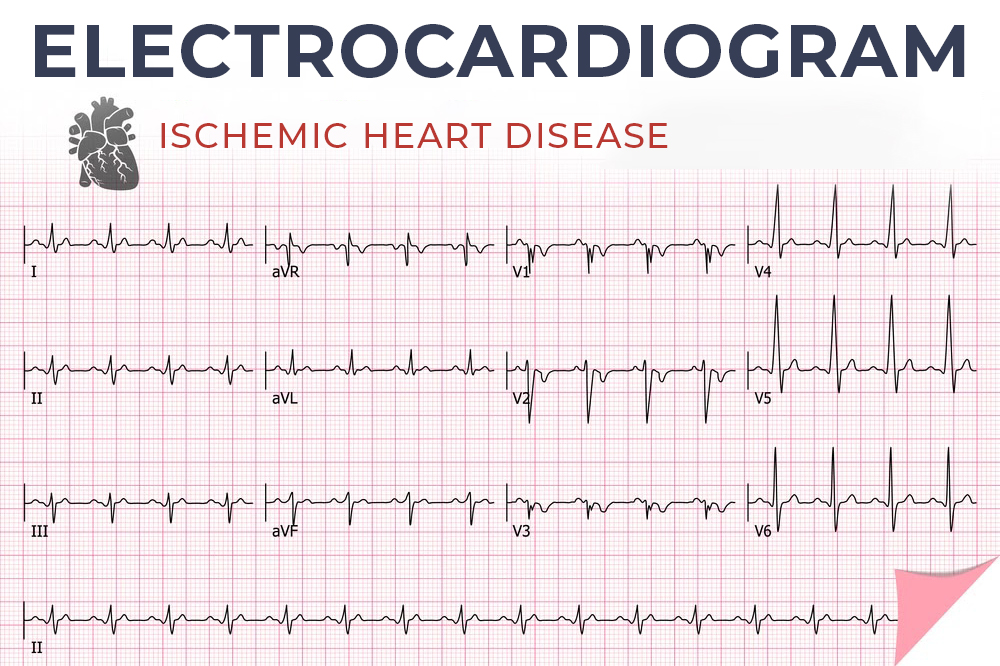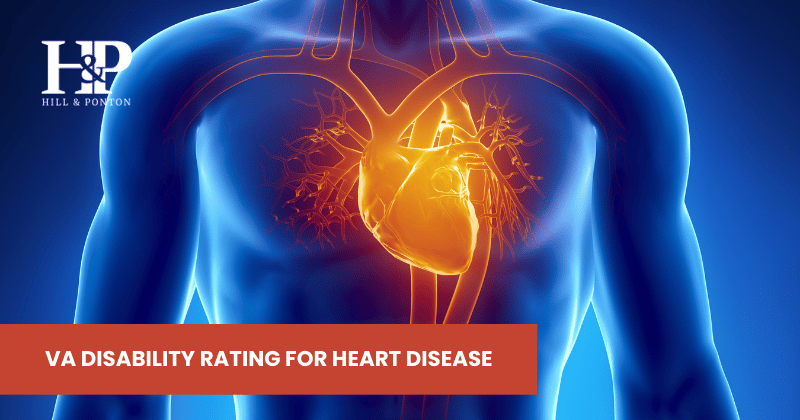In this post, we will focus on VA service-connected compensation ratings for heart disease in general.
You need to know what VA needs to have in order to assign the proper disability rating for your disease, so you can obtain VA disability compensation.
If you are a Vietnam Veteran seeking information on ischemic heart disease, the U.S. Department of Veterans Affairs has allowed presumptive service connected compensation to Vietnam veterans for IHD (ischemic heart disease).
Check out this post on Ischemic Heart Disease from Agent Orange.
What Heart Conditions Qualify for VA Disability?
Heart disease is a broad term for a number of cardiovascular health conditions.
Heart disease is also the leading cause of death in the United States, accounting for one in four deaths.
Some of the heart conditions under the heart disease umbrella (CVD) include:
- Coronary artery disease (CAD / CHD ), also known as Ischemic heart disease (IHD)
- Congenital heart defects
- Hypertension
- Coronary heart disease
- Cardiomyopathy (heart muscle disease)
- Cardiomegaly (enlarged heart)
- Atherosclerosis (hardening of the arteries)
- Arrhythmia (abnormal heart rhythm)
- Heart infections
These conditions and more can all lead to a heart attack (myocardial infarction), obesity, increased risk of mental health issues or heart failure.
When applying for VA disability benefits for any type of heart disease following active duty, you will need to prove a service connection related to your cardiovascular risk.
A service connection will show that your related condition is connected to your military service.
Be sure to obtain medical evidence of your condition from your health care provider if possible, including a specific diagnosis and any medical records that show service connection or increased risk factors.
Agent Orange Exposure and Ischemic Heart Disease in Veterans
Ischemic heart disease, also called coronary artery disease (CAD), is the most common type of heart disease amongst the general population.
The condition occurs at higher rates in the US than any other heart disease and is caused by the buildup of plaque or cholesterol in the arteries of the heart.
This buildup can hinder blood flow to the heart and cause a heart attack. CAD is also among the most common conditions in claims for disability benefits.

What Are Symptoms of Coronary Heart Disease?
When looking at symptoms of ischemic heart disease, VA specifically looks for the following when assigning a rating:
- shortness of breath,
- fatigue,
- chest pain,
- dizziness,
- fainting
Military veterans do not need to have all of these symptoms to qualify for a particular rating.
It is, however, important to know what the possible symptoms may be and how they are related to the potential health outcomes so that you can make all of the necessary follow-up appointments.
That way you can inform your doctors, and the veterans health administration if you are having these symptoms.
Hypertension in veterans
Hypertension, or high blood pressure, is another common condition that may lead to a heart attack.
You can read more about how the VA rates hypertension here.
VA Ratings for Heart Disease
The VA uses a specific rating schedule for the cardiovascular system (38 CFR § 4.104).
When rating these service-connected disabilities for US veterans, the VA considers what is called METs testing.
The higher levels of VA health care disability ratings for the heart are based on your symptoms at various levels of exertion.
Every level of exercise is assigned a range of METs (or metabolic equivalents).
The higher the level of exertion, the higher the METs number.
In assigning a heart rating, VA specifically looks at what range of METs causes you to have certain symptoms that put you at high risk.

Where you experience these symptoms after activities like jogging, biking or climbing stairs (a level of 7-10 METs), a minimum 10% rating is appropriate.
VA should rate you at a 30% rating where you experience the symptoms at a level of 5-7 METs.
This level of activity would include heavy yard work such as digging or mowing with a push-mower.
It would also include recreational activities such as golfing without a cart.
The 30% rating would also be appropriate where the veteran has certain test results on an electrocardiogram, echocardiogram, or X-ray.
So, again, make sure VA is aware of these tests and any other evidence you may have gathered through public health appointments.
Especially, if a non-VA doctor performed the cardiology test.
VA assigns a 60% rating where you experience symptoms at a less stringent level of exercise.
These symptoms include fast walking or light yard work.
VA includes in light yard work weeding or mowing the lawn with a power mower (a level of 3-5 METs).
A 60% rating would also be appropriate if you have heart failure.
If, in the last year, you had more than one episode of acute congestive heart failure in the past year.
Make sure that the VA is aware of any heart medications you have been prescribed by your non-VA doctors or a third party medical center.
100% VA Rating for Heart Disease
VA assigns a 100% rating where the veteran experiences the symptoms of heart disease at a minimal level of:
- exercise
- such as slow walking for one or two blocks,
- showering,
- dressing or
- eating (1-3 METs).
Additionally, VA assigns a 100% rating to a veteran who has chronic congestive heart failure, a type of coronary heart disease, or other cardiovascular conditions.

Coronary Heart Disease Risks
First, if you take any continuous medication for your ischemic heart disease, VA should provide a minimum rating of 10%.
Another factor the VA will consider, outside the symptoms the veteran is experiencing, is any heart surgeries.
VA will look at whether you had any procedures which might qualify you for a higher rating, at least temporarily. VA will assign 100% for procedures such as:
- heart valve replacement,
- coronary bypass surgery,
- cardiac transplant surgery, or
- implantation of a pacemaker
TDIU for Cardiovascular Heart Conditions
Finally, as with rating most disabilities, VA must consider whether the veterans disability prevents the veteran from maintaining employment.
Knowing the symptoms of heart disease and being aware of the high morbidity rates will allow you to keep your doctors informed if you are having regression or related symptoms.
In addition, if your doctor is aware of your symptoms, have him document them in your medical records so that you can refer back to previous studies if you need to make a new filing one day.
This makes it easier for the VA and the related health care system to assign the proper rating for your disability.
For more information about Ischemic Heart Disease specifically, download our free e-book.
Depression Secondary to Heart Disease
Up to 15 percent of patients with cardiovascular disease and up to 20 percent of patients who have undergone coronary artery bypass graft (CABG) surgery experience major depression.
Unmanaged stress can lead to high blood pressure, arterial damage, irregular heart rhythms and a weakened immune system.
For people with heart disease, depression can increase the risk of an adverse cardiac event such as a heart attack or blood clots. For people who do not have heart disease, depression can also increase the risk of a heart attack and development of coronary artery disease.
Negative lifestyle habits associated with depression – such as smoking, excessive alcohol consumption, lack of exercise, poor diet and lack of social support – interfere with the treatment for heart disease.
Your life is as you know is turned upside down with heart disease. So, even if you ended up having a 30% disability rating for your heart, it’s more likely than not that you’re going to have a 50 maybe even 70% rating for the depression itself.
So it’s extremely important to be aware.
Have Questions About Appealing Your Claim or Understanding How the Claims Process Works?
The attorneys at Hill & Ponton are here to support you with appealing a claim to get heart disease benefits.
If you are intending to appeal a denied claim, you can contact us for an evaluation and we can help you with this process.
However, if you are considering filing an initial claim, or even if you are interested in learning about the appeals process, we offer a free ebook to get you started on the right foot!
The Road to VA Compensation Benefits will help break down the claims process from start to finish. Click the link below to learn more.





